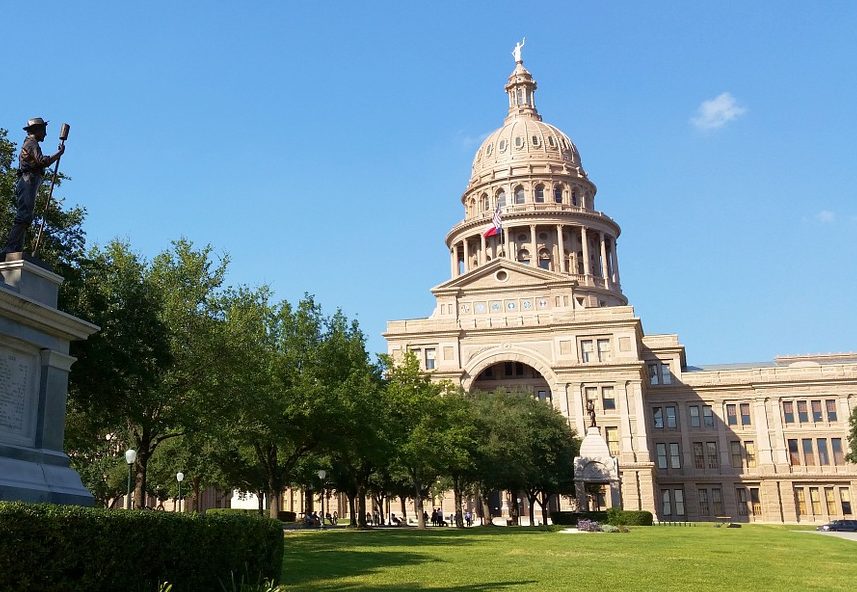While the evidence continues to grow that access to paid sick and safe leave benefits workers, businesses, and the wider community, opposition to those policies still remains. Last month, a group of conservative business advocates with ties to the Koch brothers filed a lawsuit against the city of Austin to block the implementation of its recently-passed paid sick and safe time law. Texas’s Attorney General joined the lawsuit as well, an unsurprising decision given the state’s continuing efforts to strip cities of their ability to enact progressive policies.
The passage of the now-challenged ordinance in February was a groundbreaking event, making Austin the first city in the South to ensure access to paid sick and safe leave for all workers.
ABB has been involved in helping to draft and pass paid sick and safe time laws across the country. More than 40 state and local governments have now passed such protections, and no courts have struck down a local paid sick and safe time law. The challenge to Austin’s ordinance claims, among other things, that Texas’s minimum wage law limits the city’s authority to pass a paid sick and safe time law. Fortunately for Austin workers, the state’s minimum wage law—applying as it does to minimum wage, and not other employee benefits—does no such thing. We hope that this lawsuit is dismissed quickly, instead of delaying the law’s implementation and making workers wait even longer to reap the benefits of a very necessary policy.
ABB stands with our partners in Austin and supports the effort to both defend the ordinance and the broader right of cities to protect the health of their residents. We are committed to ensuring that workers in Austin and across the country no longer have to choose between economic security and being able to take care of their health and that of their loved ones.








